November 7, 2016
Global case for healthy green building provided ‘for first time’ 0
A global business case for healthy green building design and management has been provided ‘for the first time’ in a new report from the World Green Building Council with examples of the benefits to employers, building owners, designers and developers. The new report Building the Business Case: Health, Wellbeing and Productivity in Green Offices highlights ‘the global momentum behind healthy and green office design and operation’ and showcases over 15 buildings from around the world. The research provides further evidence in the ways that green offices keep staff healthy and happy, improves productivity and boosts business’ bottom line. Steps like improving air quality, increasing natural light and introducing greenery – those which typically have environmental benefits such as using less energy – may also have an impact on the bottom line by improving employee productivity and reducing absenteeism, staff turnover and medical costs, according to the report.






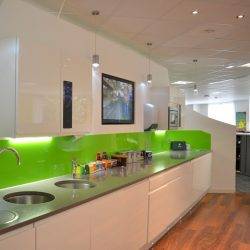

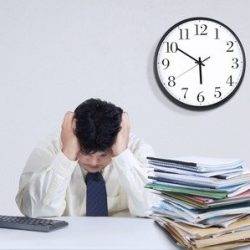
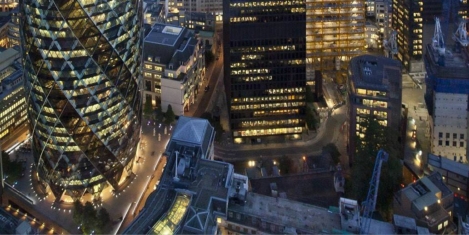
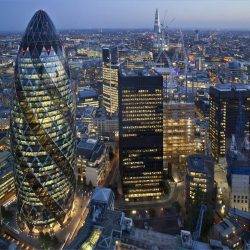
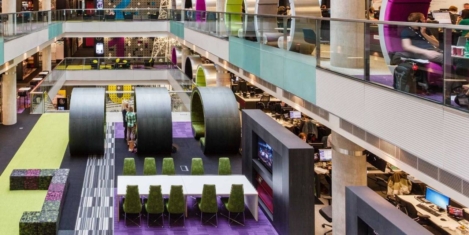
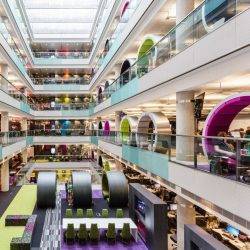
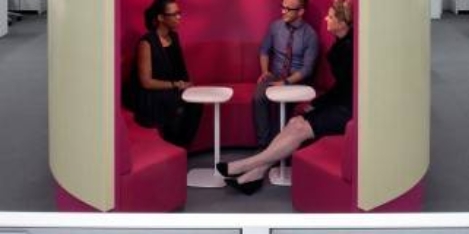
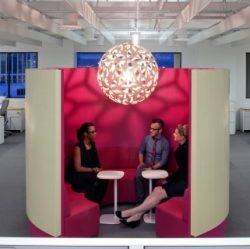






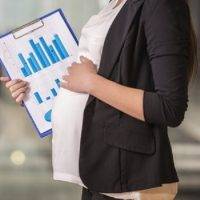












October 19, 2016
Where are zero hours contracts and the gig economy taking us? 0
by Mike James • Comment, Flexible working
More →